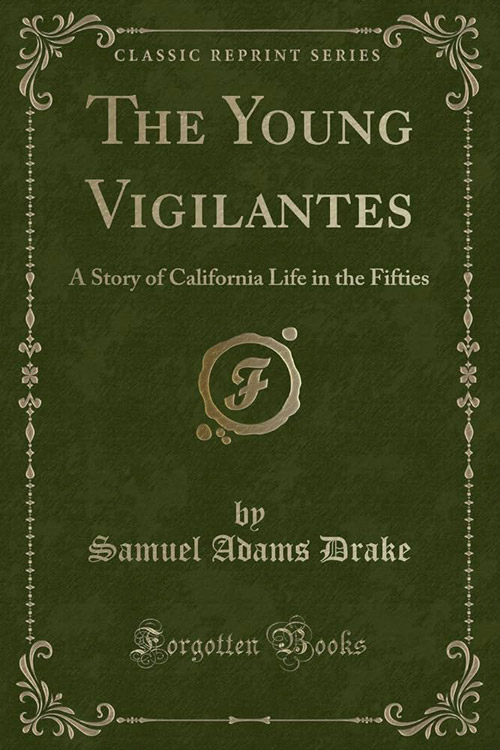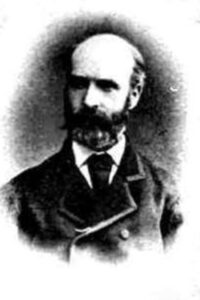
The Young Vigilantes: A Story of California Life in the Fifties
At this question, Walter flushed up. He drew himself up stiffly, smiled pityingly, and said nothing. His manner conveyed that he didn’t know exactly how much he was worth. “That’s first-rate,” the conductor went on. “Now, look here. You’ll get lost in Boston. I’ll tell you what. I’ll show you how to get down among the riggers’ lofts when we get in. You’re a rigger, you say?” Walter nodded.
“They’re all in a bunch, down at the North End, riggers, sailmakers, pump- and block-makers, and all the rest. Full of work, too, on account of this California business. Everybody’s goin’ crazy over it. You will be, too, in a week.” By this time, the train was rumbling over the long waste of salt marsh stretching out between the mainland and the dome-capped city, and in five minutes more, it drew up with a jerk in the station, with the locomotive puffing out steam like a tired racehorse after a hard push at the finish. The conductor was as good as his word. He told Walter to go straight up Tremont Street until he came to Hanover, straight down Hanover to the water, and then follow his nose.
“Oh, you can’t miss it,” was the cheerful, parting assurance. “Smell it a mile.” But going straight up this street, and straight down that, was a direction not so easy to follow, as Walter soon found. The crowds bewildered him, and in trying to get out of everybody’s way, he got in everybody’s way. He was jolted, shoved about, and stared at as he slowly made his way through the crowd until his roving eyes caught sight of the tall masts and fluttering pennants, where the long street suddenly ended. Walter put down his bundle, removed his cap, and wiped the sweat from his forehead.
Read or download Book
Samuel Adams Drake
Samuel Adams Drake was born in Boston on December 20, 1833, the son of Samuel Gardner Drake.
Biography.
He was educated in the public schools of Boston. He went to Kansas in 1858 as the telegraphic agent of the New York Associated Press, became the regular correspondent of the St. Louis Republican and the Louisville Journal, and for a while edited the Leavenworth Times. In 1861, he joined the state militia and served throughout the American Civil War, becoming brigadier general of militia in 1863.
In 1864, he was colonel of the 17th Kansas Volunteers, commanding the post of Paola, Kansas, during Price’s invasion of Missouri that year. He returned to Boston in 1871 and resumed literary work. He married Isabelle G. Mayhew in 1858. In 1867, he remarried to O. M. Grant. He died in Kennebunkport, Maine on December 4, 1905.






